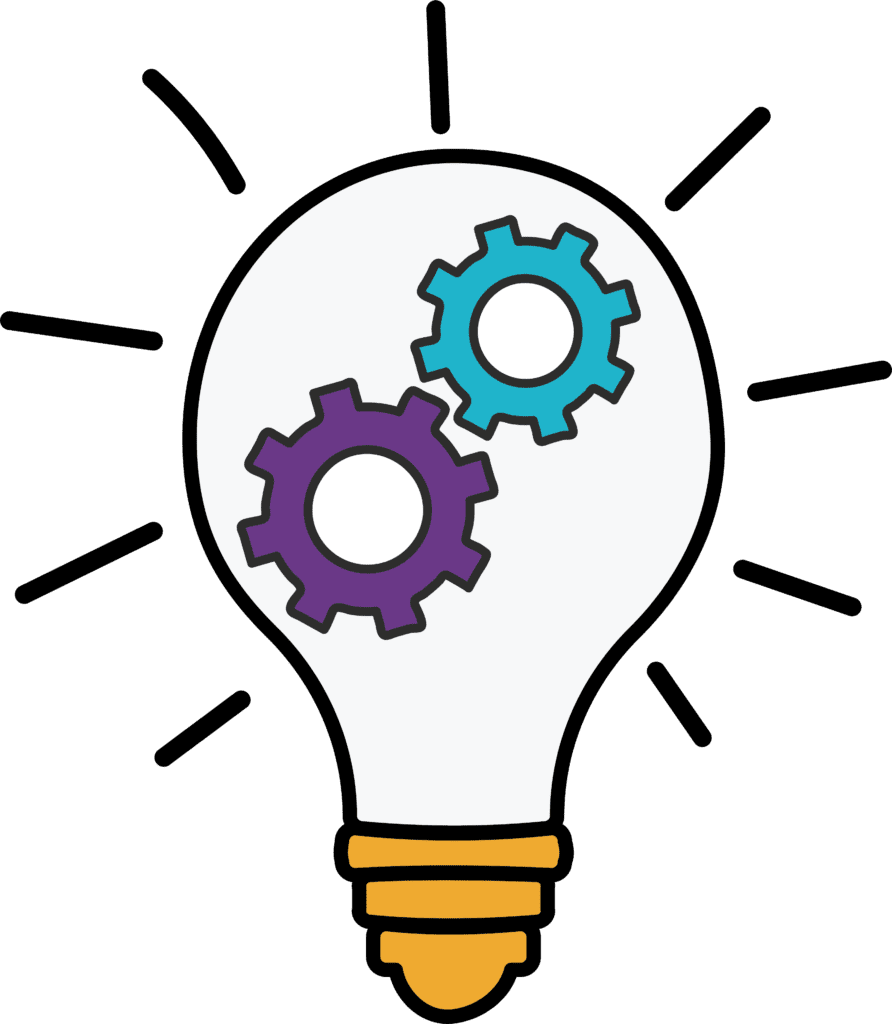Posted 03 Apr 2025
Are You Making Business Decisions Blindfolded?
Most of us can agree that performance management and recruitment are critical to a strong business. Given this uncontroversial statement, it is surprising then just how many organisations make decisions based on little more than gut feeling.
Building Teams Around Strengths, Not Assumptions

In the past we have seen this idea of ‘good’ managers being the ones that can lead with intuition and have some innate sense of who is the right fit for a certain task, or deserving of a new role. While there is always a place for lived experience and observation, natural human bias can lead to talent mismanagement, and ineffective performance strategies.
An example of this when recruiting is the ‘gotcha’ interview technique. These “gotcha ideas” often seem brilliant when told anecdotally and taken at face value however they may not actually test what they think they are testing.
We’ve heard examples like asking a candidate how many windows there are in the city of Beijing to test their approach to problem solving, or removing their chair from the room to see how confident someone is in an awkward situation. A neurodivergent candidate in this situation may be an excellent problem solver but be perplexed as to why you would ask them a question that is so irrelevant to the job. Another candidate might be highly confident but totally comfortable standing as they don’t follow the same set of social or cultural rules as the interviewer.
How many times have businesses let someone brilliant slip through their fingers because of simplified and subjective interpretation of human behaviour?
The best businesses don’t just guess, they review, analyse, and act based on real data.
Knowing About Unconscious Bias Does Not Make You Immune To It
We all like to believe that we make logical, fair decisions but no one is free from unconscious bias. Here are some examples of the types of bias that can cloud our judgement in the workplace:
- Confirmation Bias – Seeking information that supports pre-existing beliefs while ignoring contradictory evidence.
- Recency Bias – Giving too much weight to recent performance rather than long-term consistency.
- Affinity Bias – Favouring people who share similar backgrounds, interests, or work styles.
- Halo/Horns Effect – Letting one negative or positive trait influence overall judgement of an employee’s performance.
When businesses rely too heavily on subjective opinions, these biases can lead to poor decision-making, overlooked talent, and disengaged employees. For example, a manager might assume an outspoken team member is more confident with a specific task than a quieter one, even if data shows the opposite. Without objective measures, you might be undervaluing the true strengths within your workforce.
Employees want to know their hard work is recognised fairly. If promotions feel like they’re based on office politics rather than performance, engagement drops and talented people leave. Transparent, measurable criteria build trust, creating a culture where people feel valued and motivated to contribute.
Combining Human Experience And Psychometric Data For Better Outcomes

So, what is the solution to this potential disconnect between opinion-based decisions and seeing a persons true potential? From our many years of coaching and working with employers we saw a need for a psychometric assessment tool that was truly fit for purpose and did not have bias baked in from the start.
Having the advantage of a team with highly experienced Occupational Psychologists AND the benefits of lived experience we created a questionnaire that allows people to discover their own cognitive profile, that can be revisited time and time again as their role and their lives change. The Genius Finder not only offers performance strategies directly to employees based on their answers, it can also be used as a guiding point for performance-based conversations, coaching and mentoring. By showing individuals their strengths and areas for growth based on their own confidence levels, we provide a starting point for guiding their career and crafting their role in a way that allows them to maximise their potential.
Closing Skill Gaps Before They Become Risks
Psychometric data can also help businesses take a birds-eye view of their workforce. At Genius Within, we use the Genius Finder Pro questionnaire to map our company’s strengths and areas for growth. On an individual level, employees can use their results to choose strategies that optimise their performance. At an organisational level, the anonymised data helps us spot skill gaps that might cause issues in the future, or strengths we aren’t making the most of.
Too often, businesses only realise they have a critical skills gap when it’s already causing problems. By using performance insights, leaders can anticipate challenges and take proactive steps to upskill their teams. If data highlights a company-wide gap in digital skills, it’s far more effective to introduce training programs early than to scramble for external hires later.
Building Balanced and Effective Teams

At Genius Within we understand better than most the importance of balancing skills across a team to manage risk. When you have spent as many hours as we have consulting with businesses and coaching their employees, one thing you know for sure is that it doesn’t make sense to expect everyone to be an ‘all-rounder’. Building teams and jobs specs around this assumption sets everyone up for failure.
A truly inclusive workplace doesn’t assume people will be good at everything it balances skills across teams, using them where they will have the greatest impact. A smart business also knows that managers are not mind readers, it provides them with the right tools and data to make informed decisions. By using psychometric data to shape hiring, development, and strategy, businesses can ensure that every employee is set up to succeed.
So, our question to you today is, are you making business decisions based on assumptions rather than clear insights?
Are the tools you are currently using fit for purpose?
If your answer to either of these is no, then we can help! Don’t sleep on informed and inclusive talent management.
We’d love to talk to you about your needs. Please Get in touch to chat.
